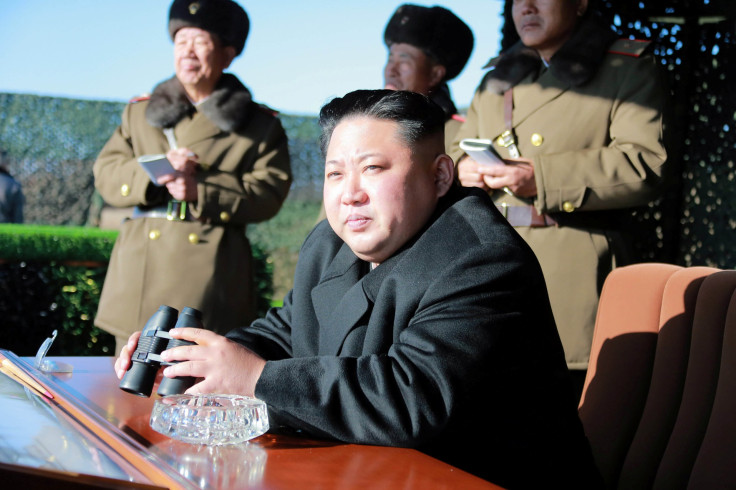What Is Life Like In North Korea? Why Kim Jong Un Is Becoming More Unpopular Amid Human Rights Abuses And Internal Disputes

Sources within North Korea reported Wednesday that the state's security forces were cracking down after the discovery of anti-government leaflets calling for the overthrow of leader Kim Jong Un, suggesting dissent against him may be growing.
While Kim, whose rule over the reclusive authoritarian state has been thought to be absolute, has acknowledged internal dissent in the past, it is often followed by the swift and brutal punishments of the alleged conspirators. Reports from within the country suggested that the perpetrators of the latest incident remained unknown and that the state was restricting the movements of citizens, interrogating and even conducting handwriting tests to determine who was responsible.
The last time sources reported a major decline in popularity for the North Korean leader was in response to the apparent execution last June of former Defense Chief Hyon Yong Chol, who was reportedly caught napping during a meeting in Kim's presence and subsequently arrested for insubordination. While the government continued to frame Kim as fully in charge, the purging and killing of a number of high-profile figures including Kim's own uncle, Jang Song Thaek, reportedly caused serious concern among North Koreans, some of whom allegedly stated that their leader's behavior has lead to a "despondent population."
Reports have also surfaced describing a larger power struggle between the old military elite, which included Hyon and Jang, and the 32-year-old North Korean leader. Kim came to power after the death of his father, Kim Jong Il, in 2011 and may have executed up to 70 officials since then, according to estimates from the foreign ministry of rival neighbor South Korea. North Korea and South Korea have technically been at war since they clashed in 1950 and the tense relations and mutual distrust between the two countries have often been the basis of Pyongyang's rhetoric when defending its policies such as nuclear saber-rattling and hunting alleged spies. Internal political disputes have also reportedly threatened the relationship with the country's greatest ally, China.
Tight media restrictions in North Korea prevent any verification of these claims. Each media outlet operates as an extension of the state and strictly espouses the party line, based on the state ideology known as Juche or "self-reliance." Many of the tens of thousands of defectors that have fled the country have described a harsh reality of widespread famine and poverty, mass prison camps and ruthless punishment for those with real or perceived anti-government sentiments. International organizations such as the United Nations and Human Rights Watch also routinely condemn Kim and the North Korean government for human rights violations.
© Copyright IBTimes 2024. All rights reserved.





















